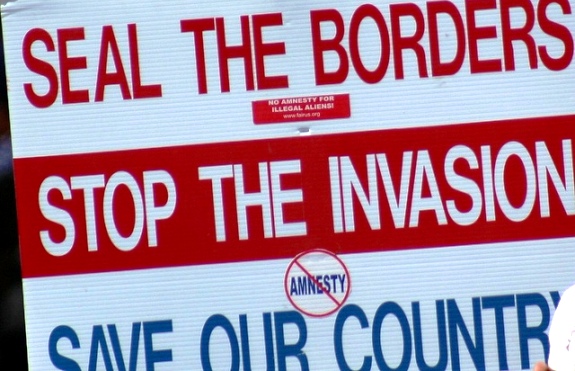
From a recent job market paper:
In this paper, I exploit variation in the number of immigrants received by US cities between 1910 and 1930 to study the political and economic consequences of immigration. Using a leave-out version of the shift-share instrument (Card, 2001), I show that immigration had a positive and significant effect on natives’ employment and occupational standing, as well as on economic activity. However, despite these economic benefits, the inflow of immigrants also generated hostile political reactions, inducing cities to cut tax rates and limit redistribution, reducing the vote share of the pro-immigration party, and increasing support for the introduction of immigration restrictions.
Exploiting variation in immigrants’ background, I document that natives’ backlash was increasing in the cultural distance between immigrants and natives. These findings suggest that opposition to immigration may arise not only because of economic, but also because of cultural considerations. Moreover, they highlight the existence of a potential trade-o§. Immigrants may bring larger economic gains when they are more different from natives. However, higher distance between immigrants and natives may trigger stronger political backlash. Ultimately, by retarding immigrants’ assimilation, and favoring the rise of populism and the adoption of inefficient policies, natives’ reactions may be economically and socially costly in the medium to long run (pg. 38-39).
A 2016 paper found that accurate information regarding immigration can change minds, but I’m becoming less and less hopeful.